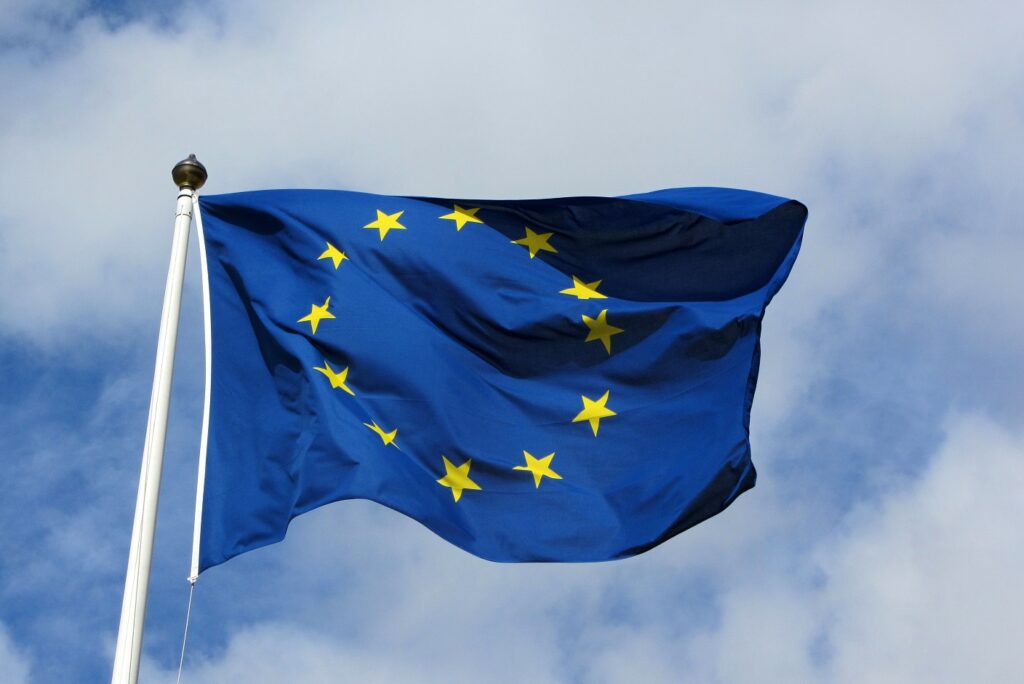By Anastasios-Fotios Tsochatzidis,
In our everyday life, we all encounter a large number of trademarks that affect most of us in many ways, as they often play a vital role in determining our habits and everyday decisions. For instance, it has been statistically proven that we – as consumers – tend to give in more to the services and products that we already know due to commercial advertising. But the question remains; how can we recognise that the product we see either on the television or online is the product that we pick up from the shelf in the supermarket? The correct answer is that we recognise the trademark and then subconsciously we associate it with the product on sale.
But what is really a trademark? According to the Greek legislation and more specifically art.2 of law 4679/2020, which abolished the previous law 4072/2012 (art.121-182), any sign can be regarded as a trademark in Greece. For example, wording can include names of either natural people or legal entities, pseudonyms, devices/logos, designs, letters, numerals, colours, combinations of numbers or letters (acronyms), musical phrases and sounds, the shape of a product or of its packaging. It is interesting to note that, according to the new Greek law 4679/2020 – which incorporates the provisions of the EU directive 2015/2436 -, it is not necessary anymore that the sign should be represented graphically. Yet, the previous strict requirements are still in force: 1) the sign must be able to distinguish the goods and services of one company/enterprise from those of another and 2) the sign should be protected in a way that is clear and precise what is protected and who is benefited from that.
Moreover, it is noteworthy to mention that signs which are devoid of distinctive characters or are merely descriptive (in other words they only describe the kind, quality, properties, quantity, intended purpose, value, geographical origin, or other characteristics of goods or services [art.4 4679/20]) cannot be registered as trademarks. In addition to the aforementioned restrictions, there is also one more: the sign mustn’t have become customary in the current language or the established practices of trade. However, regarding this last restriction which is crucial for the evaluation of whether a sign should be registered or not, is the similarity between the sign and the relative goods or services. For example, the symbol of the Red Cross would be probably rejected as a trademark for medicine, because it would imply a similarity that could not be accepted. Nevertheless, the same symbol could possibly be accepted for other types of products.
Furthermore, it is important to underline that regarding the range of the protection that is offered, there are three trademark categories. First and foremost, there is the trademark which is registered in one country (for example Greece) and is only valid within this country. The national registration can be achieved by filing a trademark application and sending it to the Greek Trademark Office which is part of the Hellenic Ministry of Development and Investments. Nowadays, this procedure can be completed online as well.
Secondly, if you want your trademark to be protected in all EU member-states, the procedure is different. More specifically, there is the “European Union Trademark”, which can be acquired by filing an application to the European Union Intellectual Property Office (EUIPO) and it provides trademark protection over all 27 EU Member States. The registration lasts for up to 10 years and can undergo indefinite renewals. Last but not least, for those doing business worldwide who seek international protection of their rights, there is also the International Trademark Registration System, which is called the Madrid System or the Madrid Protocol, and it is administered by the World Intellectual Property Organisation (WIPO), which is located in Geneva, Switzerland. It is important to note that the Madrid Protocol has been signed by 85 states, including Greece. The difference between the European Union Trademark and the International Trademark is that the latter does not guarantee protection automatically in all states that are members of the Madrid Protocol.
More precisely, when filing your application to obtain an International Trademark (before you send it to WIPO), you have to choose the countries where you would want to exercise your right over your trademark, and then this application is transferred through WIPO to all the selected countries. The authorities of these countries examine the application and take a decision based on their national legislation. As a result, there is an accumulation of “national” trademarks instead of one International Trademark. Nonetheless, the most important advantage of this procedure is that you can gain priority in the examination of your trademark in as many countries as you wish by just filing one application to WIPO. But in order to do so, you have to have already registered your trademark in one country.
In conclusion, the importance of trademarks nowadays is massive due to the fact that a trademark serves not only as a source identifier but also as a tool for advertising and marketing. All big corporations today depend on their trademarks and that is why they take the decision to protect their trademark by registering it at national or international level.
REFERENCES
Law 4679/2020
EU directive 2015/2436
http://greeklawdigest.gr/topics/industrial-a-intellectual-property-rights/item/65-trademark
https://www.wipo.int/madrid/en/search/
https://trademark-european-union.com






